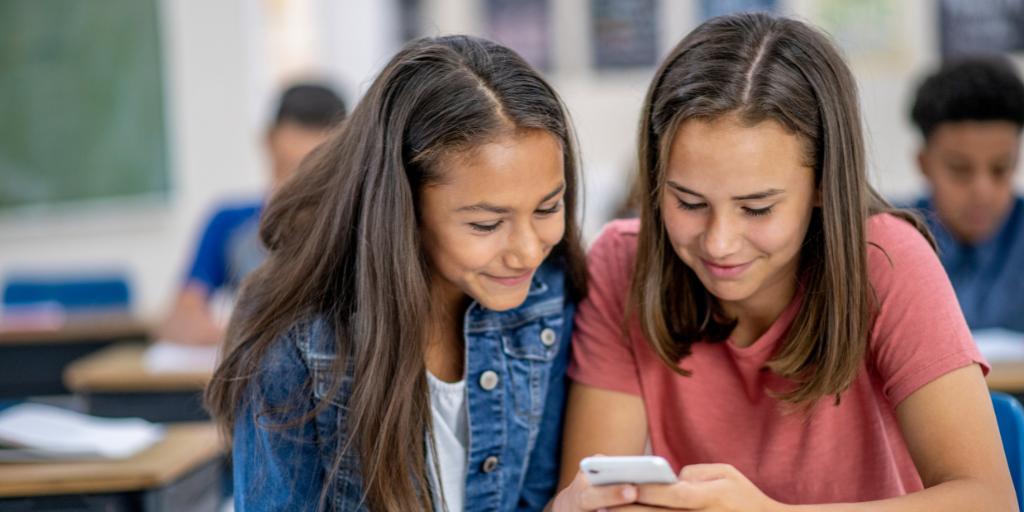
Between inadequate filters on school computers and tech-savvy teens who can easily find digital loopholes, many kids spend their class time doing anything but schoolwork. We chatted with some teachers to find out how kids bypass school filters and tips for helping your teen stay focused during class.
Many school districts use software to manage and restrict access to certain types of online content on school computers and networks. They’re intended to prevent kids from accessing inappropriate content at school, but they don’t always work.
We reached out to Dr. Genét Simone, a Career and Technical Education teacher with Seattle Public Schools, and author of Teaching in the Dark. She consulted with her colleagues and reported on the ways teens bypass school filters:
If you have reason to believe your child is getting around web restrictions at school, here are some steps you can take to address the issue:
There are many reasons a teen might choose to bypass a school filter. It could be straight defiance, but they could also be bored because they’re not being challenged in class, or they feel overwhelmed and turn to an online game for a brain break.
Ask your child why they’re doing it and what benefit they get from the behavior. Then you can create a game plan that addresses the root cause of the behavior.
Teachers were split on this issue. While some urged parents to take a child’s phone away if they’re using it to get around filters, others felt this wasn’t enough.
Simone wants parents to realize that if a child is addicted to their phone, as soon as they have it back, they’ll revert to the unwanted behavior. She urges that “kids need intervention — they need practice with swapping their phone for another activity.”
Here are her suggestions if you suspect phone addiction is a factor:
Be clear with your teen that schoolwork is the priority when they’re in class. Ask them to show you their work each day. Many districts also have systems set up where parents can easily track their child’s assignments online.
Simone stressed that the first line of defense for parents should be to work directly with their child. But she also cited several reasons for parents to reach out to the school:
Simone’s colleagues also suggested using specialized apps to watch what your child is up to on their devices during class.
BrightCanary is designed to do just that by using real-time AI monitoring and summaries to help you keep an eye on your child’s activity when they use their iPhones or iPads, at school or at home.
School filters and device policies are often inadequate and allow kids to easily bypass them during class. In addition, teens are tech-savvy and creative at finding workarounds. Parents should keep an eye on their child’s online activity to ensure they’re on track during class, set clear expectations for device use, and work with the school if the issue can’t be solved at home.
BrightCanary helps parents monitor what their child is really doing online, both in school and out. Download today to get started for free.